Completed research projects
An overview of past projects at the Institute of History
The police in Austria: ruptures and continuities 1938-1945
| Running time: | |
| Collaborators: | Prof. Dr. Barbara Stelzl-Marx, Dr. Kurt Bauer, Nadjeschda Stoffers, Richard Wallenstorfer, BA, and others |
| Funding body: | Federal Ministry of the Interior of the Republic of Austria |
Brief description:
Conducted at the Institute of History at the University of Graz, in cooperation with the Ludwig Boltzmann Institute for Research on the Consequences of War
Project partners: Documentation Centre of Austrian Resistance, Mauthausen Concentration Camp Memorial Site
Since the beginning of 2022, the University of Graz, in cooperation with the Documentation Centre of Austrian Resistance, the Mauthausen Concentration Camp Memorial and the Ludwig Boltzmann Institute for Research on the Consequences of War, has been conducting a research project on "The Police in Austria: Ruptures and Continuities 1938-1945". This project, which is funded by the Austrian Ministry of the Interior, aims to make an initial contribution to the scientific analysis of the history of the most important executive body of the Second Republic. Knowledge of the significance, function and developmental history of Nazi organizations with a police function, the abuse of police powers within the framework of a totalitarian unjust state and their specific connection to Austria - or Austrians - are of great importance here. The focus is also on the judicial punishment and processing of Nazi crimes in the post-war period.
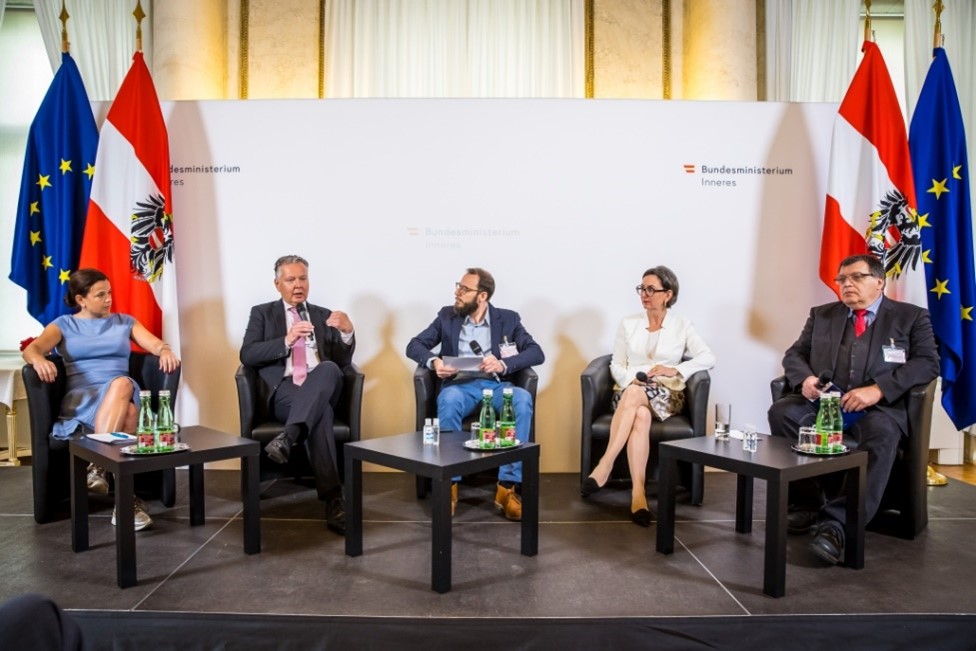
Czechoslovak intelligence services in Austria
| Term: | 2020 - 2024 |
| Staff members: | Prof. Dr. Barbara Stelzl-Marx, Dieter Bacher, Philipp Lesiak, Mmag. Sabine Nachbaur |
| Funding body: | FWF |
Brief description:
Conducted at the Institute of History at the University of Graz, in cooperation with the Ludwig Boltzmann Institute for Research on the Consequences of War.
In March 2020, the Austrian Science Fund FWF decided to fund an international three-year research project on "The activities of Czechoslovak intelligence services in Austria in the Central European context 1948-1960. Networks - Operations - Impact" (FWF P-33220 G) under the direction of Univ.-Prof. Dr. Barbara Stelzl-Marx. It is being carried out at the Institute of History at the University of Graz in cooperation with the Ludwig Boltzmann Institute for Research on the Consequences of War.
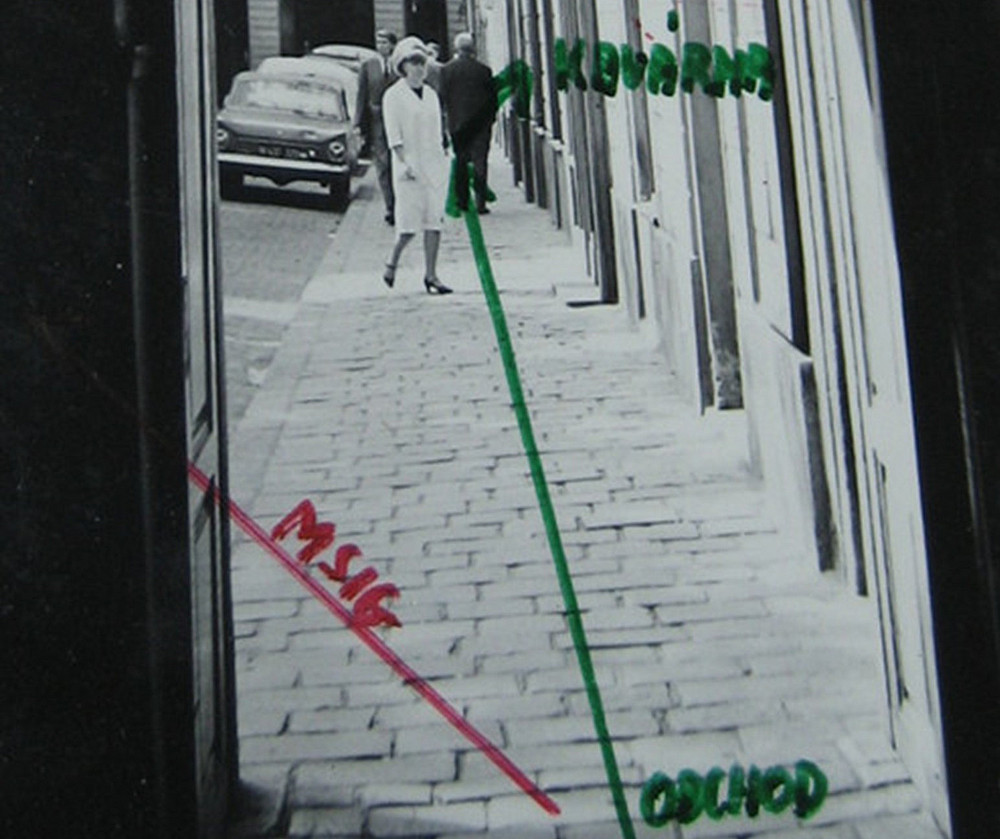
EU-European crisis (narratives): Perspectives of student teachers in Styria
| Duration: | March 2023 - December 2024 |
| Employees: | Mag.Dr. Britta Breser, Matthäus Berger, BEd. |
| Funding body: | Province of Styria, Styrian Chamber of Labor |
Brief description:
In public perception, democracy is associated with expectations and hopes for a good life. However, EU-rope is in a multiple crisis. EU skepticism is particularly high in Austria compared to the rest of Europe.
Students who are currently studying to become teachers in Styria have come to know EU-rope from the perspective of a crisis mode. This is not just a state that can be analyzed in terms of its cause and reaction. Crises can also be interpreted as a challenging potential that produces different experiences and meanings that can be used for historical-political educational processes.
Due to the complete lack of empirical findings to date, the following questions arise, among others:
What ideas do future teachers associate with EU-ropa? How do they assess their own EU-ropean (democracy) education in view of the crisis nature of EU-rope?
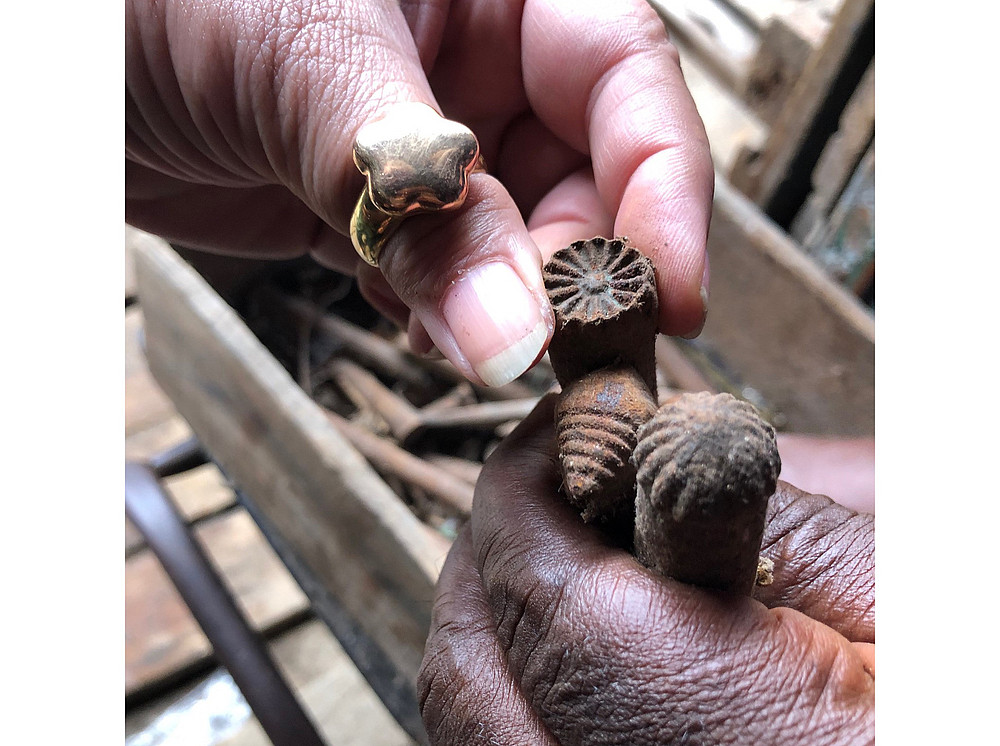
A history of "Making Things" in West Africa, 1920-1980
| Term: | 1.9.2022-28.2.2025 |
| Staff members: | Mag.phi. Katharina Oke, PhD |
| Funding body/funding program | European Commission/H2020 |
Short description:
The project "A history of 'Making Things' in West Africa, 1920-1980: creating, meaning making, and experience" focuses on craft production and handicrafts in Accra and Lagos. It approaches productive processes with a focus on the creative process and the socio-cultural significance of "making things". The aim of the project is, firstly, to shed light on historical knowledge systems and experiences of "making things" during and after formal colonial rule. Secondly, to contribute to establishing entrepreneurial activities as part of the social, cultural and political historiography of Africa. Turning to entrepreneurial activity, the project simultaneously attempts to overcome a reductive focus on questions of capital accumulation: Questions of 'making things' allow a historical insight into the ways in which people have interacted with technology - an insight that does not prescribe a binary distinction between 'imported' and 'local' - and further allows a range of motivations for entrepreneurial activity to be glimpsed.
![©Library of Congress, Prints & Photographs Division, Prokudin-Gorskii Collection, [reproduction number, e.g., LC-DIG-prok-02044] Landscape, third-party funded projects ©Library of Congress, Prints & Photographs Division, Prokudin-Gorskii Collection, [reproduction number, e.g., LC-DIG-prok-02044]](https://static.uni-graz.at/fileadmin/_processed_/e/7/csm_Caucasus_1f0eb4f34f.jpg)
Camera Caucasica. Networks of Photographic Practices in the Transimperial Caucasus
| Term: | 2021-2024 |
| Staff members: | MMag. Dr. Dominik Gutmeyr-Schnur |
| Funding body: | FWF, Erwin Schrödinger Program at UCLA and University of Graz |
Short description:
"Camera Caucasica" explores the networks that stand behind the production and circulation of photographs from the wider Caucasus region. It thereby connects theoretical considerations of imperial visions and discourses of difference, of knowledge production and circulation, of photographic theory and of entangled histories. It brings together a new imperial history of the long nineteenth century at the intersection of influence of three major empires, history of photography and technology, global and visual studies, and applies them from a transimperial perspective. The project has a strong impact on our understanding of how local photographic practices can be translated into a global context and it offers space for dialogue on entangled histories in a nationally contested area.
MOJ DOM. Refugees, migration and erased memories in the aftermath of Yugoslav wars
| Term: | 1.1.2023-31.12.2024 |
| Employees: | CODICI COOPERATIVA SOCIALE ONLUS (Italy) |
| Funding body: | EU / European Remembrance CERV- 2022- Citizens-Rem |
Short description:
In this project led by Codici Cooperativa Sociale Onlus (Italy), Heike Karge is investigating ideas of home among students with and without a biographical background in the former Yugoslavia. The surveys began in summer 2023 at the University of Regensburg and will continue from fall 2023 at the University of Graz.
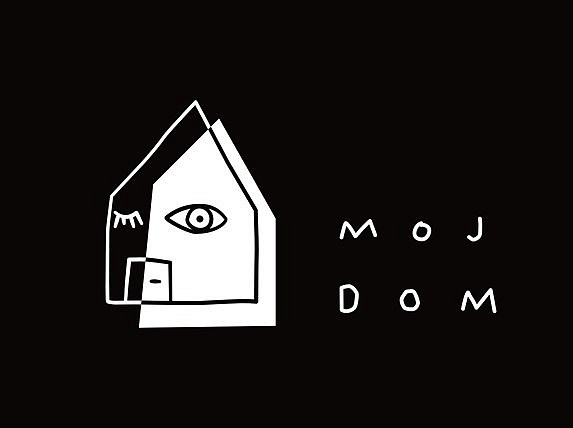
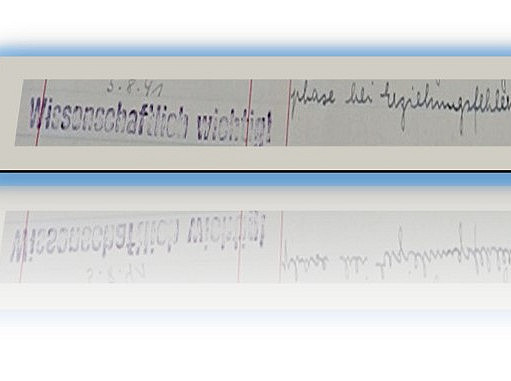
The euthanasia of children and young people in Styria
| Term: | 1.10.20219 - 30.4.2024 |
| Staff members: | Ao.Univ.-Prof.i.R. Dr.phil. tit.Univ.-Prof. Dieter Anton Binder, Mag. Dr. Karin Haas-Trummer |
| Funding body: | Province of Styria, Office of the Styrian Provincial Government, National Fund of the Republic of Austria, City of Graz |
Brief description:
Child and youth euthanasia in Styria - in memory of the forgotten child victims of the Nazi regime of the former St. Anna Children's Hospital Graz and the Graz Feldhof in the context of historical pediatrics and child care.
Conference proceedings "New ways of editing early modern estates collections: Current historiographical conceptualization of estates participation and digital methods".
| Term: | 2023-28.2.2024 |
| Staff members: | Univ.-Prof.Dr. Gabriele Haug-Moritz, Univ.-Prof. Dr.phil. Georg Vogeler, MA |
| Funding body | Historical Commission of the Bavarian Academy of Sciences and Humanities |
Short description:
The anthology documents a conference held in Graz in April 2022. It took place as part of the D-A-CH project "The Imperial Diet of Regensburg 1576. A pilot project for the digital editing of early modern sources".
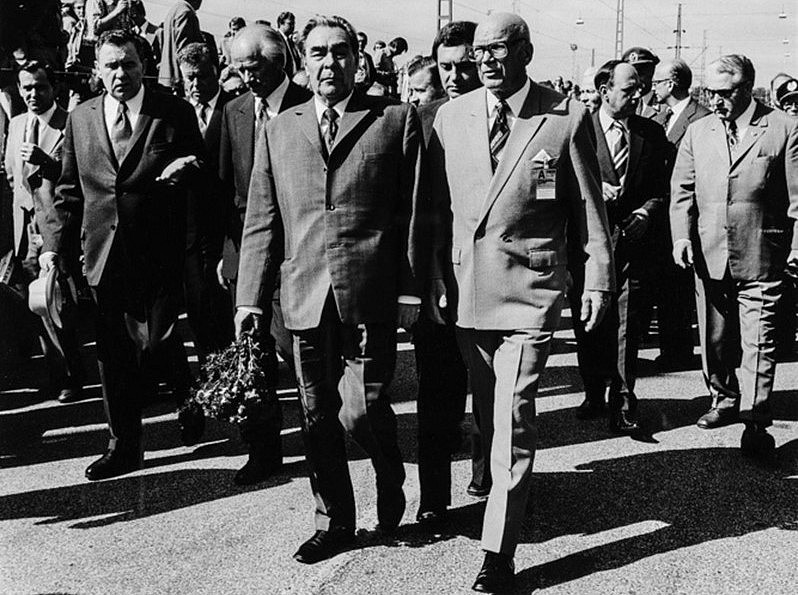
The Role of the Neutral States (Austria, Sweden, Finland and Switzerland) in Soviet Foreign Policy Strategy, 1969-1975
| Duration: | 2019 - 2023 |
| Staff members: | PD Mag. Dr. phil. Peter Ruggenthaler, Dr. Mag. phil. MA Anna Graf-Steiner and others |
| Funding body: | FWF |
Brief description:
Conducted at the Ludwig Boltzmann Institute for Research on the Consequences of War, in cooperation with the Institute of History at the University of Graz and with international partners such as Harvard University and Stockholm University.
In fall 2018, the Austrian Science Fund FWF decided to fund an international three-year research project on "The Role of Neutral States in the Foreign Policy Strategy of the Soviet Union" (FWF P-31869 G) under the direction of Priv.-Doz. Dr. Peter Ruggenthaler. It was carried out at the Ludwig Boltzmann Institute for Research on the Consequences of War in cooperation with the Institute of History at the University of Graz. Anna Graf-Steiner wrote her dissertation "The Role of Neutral Austria in the Foreign Policy Strategy of the Soviet Union, 1969-1975" as part of the project. Phil.-Diss. Univ. Graz 2022, which was awarded the "Award of Excellence 2023 - State Prize for the Best Dissertations" by the BMBWF on December 7, 2023.
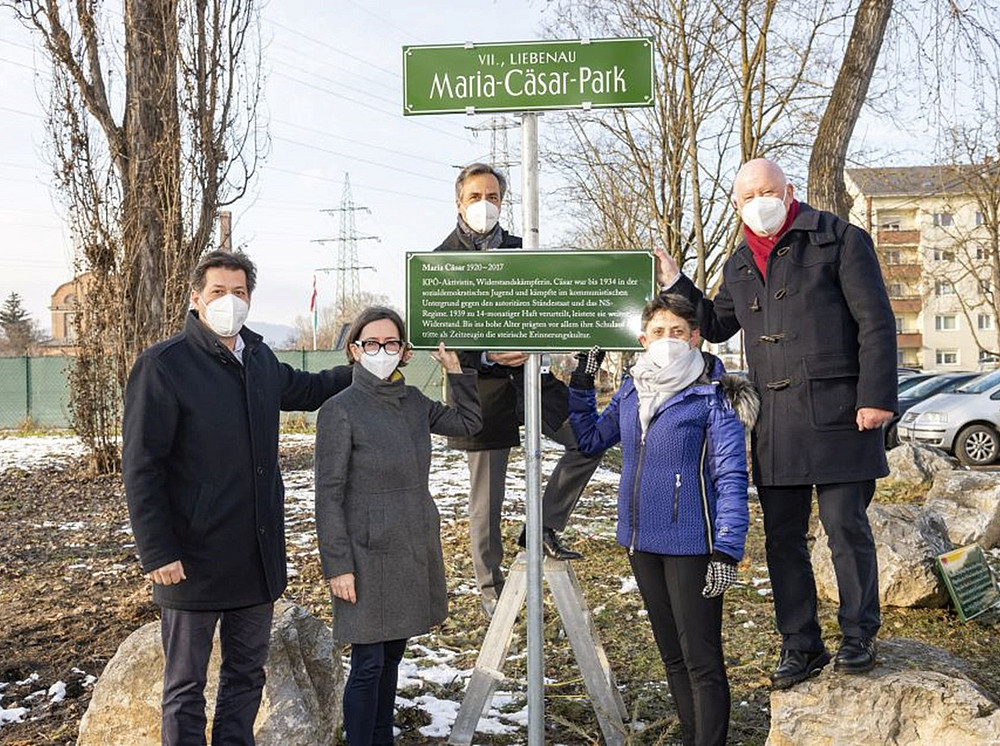
Additional plaques for personal street names in Graz Implementation of the catalog of measures
| Term: | 2020 - 2023 |
| Staff members: | University Professor Dr. Barbara Stelzl-Marx |
| Funding body: |
Brief description:
Graz streets and squares named after people will be provided with accompanying plaques that can be used to historically classify the person giving the name. In addition, biographies of around 750 personal street names will be created and published on the City of Graz website in a geo-referenced map.